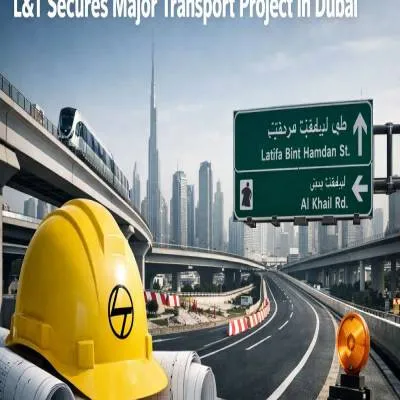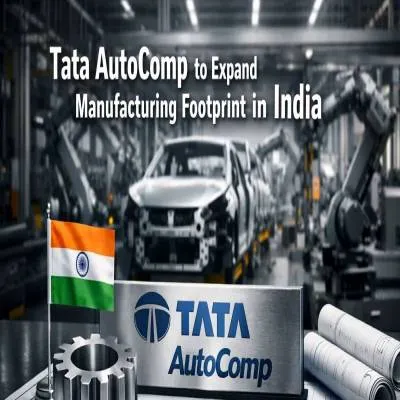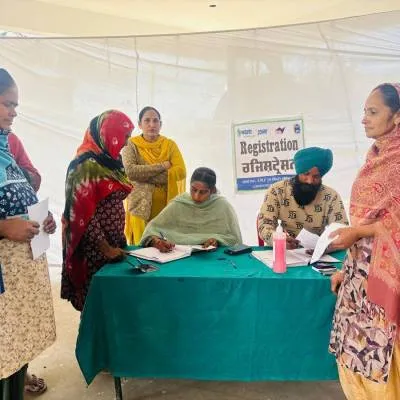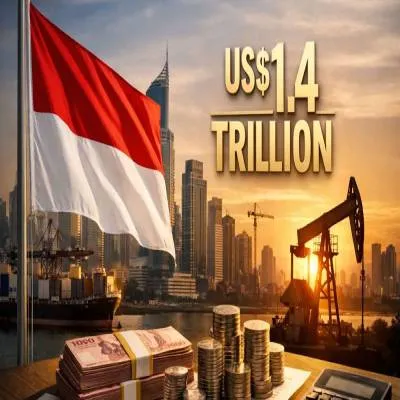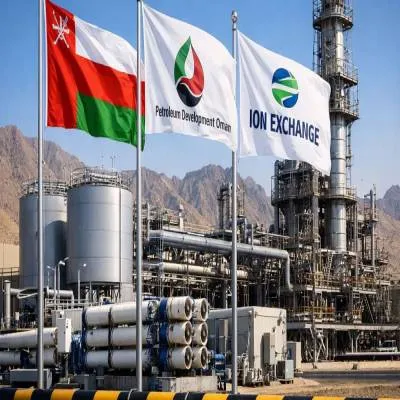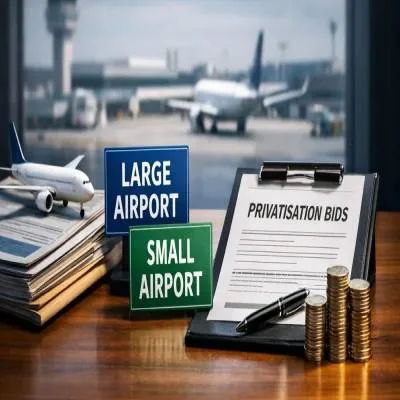Schedule a Call Back
Challenges and strategies in bulk cargo transport
 The Indian Railways, historically a cost-effective means of transporting bulk cargo, faces challenges that demand strategic policies and initiatives. The Government of India recognises the need for reduced logistics costs and eco-friendly transport options. To address these issues, two key policies have been formulated: the PM GatiShakti (PMGS) policy for a National Master Plan (NMP) and the National Logistics Policy (NLP).
The Indian Railways, historically a cost-effective means of transporting bulk cargo, faces challenges that demand strategic policies and initiatives. The Government of India recognises the need for reduced logistics costs and eco-friendly transport options. To address these issues, two key policies have been formulated: the PM GatiShakti (PMGS) policy for a National Master Plan (NMP) and the National Logistics Policy (NLP).
The PMGS aims to create a seamless multi-modal transport network in India, utilising technology and IT tools for coordinated infrastructure planning. The NLP focuses on building a national logistics portal and integrating platforms of various ministries. While specific details on PMGS remain scarce, initiatives within the Indian Railways have been introduced. These include relaxed rules for bulk cargo movement, the introduction of mini rakes, private freight terminals (PFTs), and collaboration with freight operators to invest in specialised wagons.
Despite these efforts, the IR's share in bulk cargo transport has declined. Factors such as decentralised production and high costs associated with railway sidings have contributed to this decline. Smaller industries find it challenging to manage rail sidings, leading to increased logistics costs and a preference for alternative transport modes. To address this, common-user facilities need to be developed at cargo aggregation and dispersal points, requiring collaboration between the IR and state governments.
Additionally, environmental concerns pose constraints on IR's operations. Commodities like fly ash, with vast potential for transport, have been underutilised due to the lack of loading facilities at power plant sidings. The IR must proactively address this issue and liberalise wagon designs to accommodate new commodities efficiently.
Furthermore, recent regulations mandating environmental clearance for rail loading/unloading facilities have imposed additional costs, leading some users to opt for road transport. To level the playing field, regulations should be mode-agnostic and based on the quantity of cargo loaded and the potential for environmental impact.
In conclusion, enhancing the IR's role in bulk cargo transportation requires comprehensive policies, collaboration with state governments, proactive measures to tap into new commodity potentials, and mode-agnostic environmental regulations. By addressing these challenges, the Indian Railways can optimise its services, reduce logistics costs, and contribute significantly to sustainable and efficient transportation in the country.


Subscribe Now
Subscribe to our Newsletter & Stay updated
RECENT POSTS
Popular Tags
Folliow us
Related Stories
TSPL Mega Health Camp Reaches 338 Residents in Mansa
Talwandi Sabo Power (TSPL), Punjab’s largest and North India’s largest private thermal power plant, organised a Mega Health Camp at Village R...

